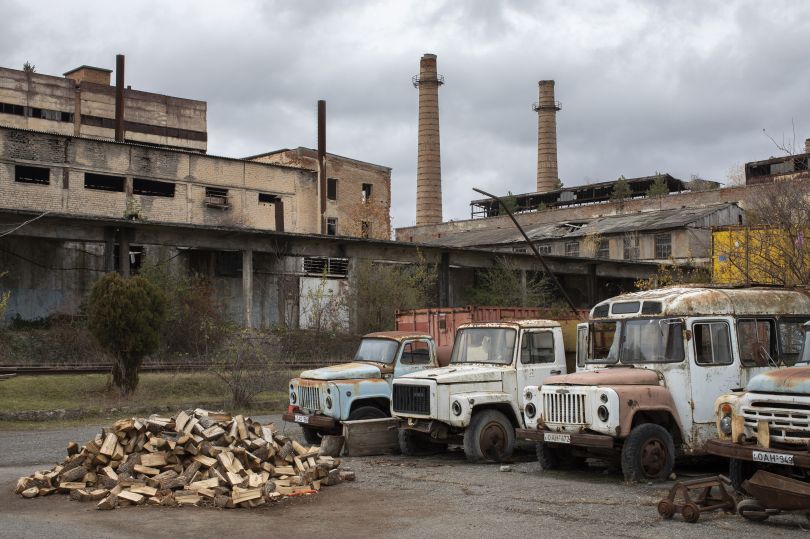
🧵 WHY YOU ARE TOO BLASÉ ABOUT WAR 🧵
For the last 20 years, the Western Alliance has focused its warfighting capacity on Counter Insurgency Warfare. Driven by reckless engagements in the Middle East, the Hindu Kush and North Africa, our thinking, equipment procurement...1/n
For the last 20 years, the Western Alliance has focused its warfighting capacity on Counter Insurgency Warfare. Driven by reckless engagements in the Middle East, the Hindu Kush and North Africa, our thinking, equipment procurement...1/n
...force organisation and training has been focused on this type of war. Often, it involves fighting in urban or mountainous environments, but always in small scale, low intensity engagements against a lightly armed enemy, while having total air, informational and EM...2/n
...dominance. Armour isn't much used, and artillery is static and used for fire support against outmatched opponents. Mechanised, high-intensity, combined arms warfare is an entirely different matter. It requires a great deal of training in mass to be able to manoeuvre...3/n
...rockets, artillery, tanks, air support and missiles onto the enemy's position, while not allowing him to do likewise. It involves punching holes in defensive lines, striking deep into the enemy's strategic space, and destroying his ability to fight in a high intensity...4/n
...awesomely destructive series of manoeuvre battles. Insofar as we civilians have any knowledge of this sort of warfare, it comes from our collective memory of the Second World War. We tend to assume that combined arms war on open ground (like Ukraine's) would be like that...5/n
...but with more modern weapons. Wrong. The speed, violence and kinetic force of such warfare has increased exponentially. Armenia lost 40% of its in-theatre tanks and 60% of its air defences within the first 30 minutes of its recent war against Azerbaijan. And that was...6/n
...in territory far more defensible than Ukraine. The Russian Army has spent the last twenty years training intensively to fight exactly this sort of war. They have the equipment for it. They're good at it. There is nothing -- repeat, NOTHING -- that Britain, the EU or US...7/n
...can send Ukraine to stop them. I feel sick to say that when it happens, we will be educated on the horror of this sort of war, because it has a capacity we can barely comprehend to chew up men, material and entire economies.
There must be a better solution than that. ENDS
There must be a better solution than that. ENDS
• • •
Missing some Tweet in this thread? You can try to
force a refresh







